Boris Giltburg - Prokofiev: War Sonatas (2012)
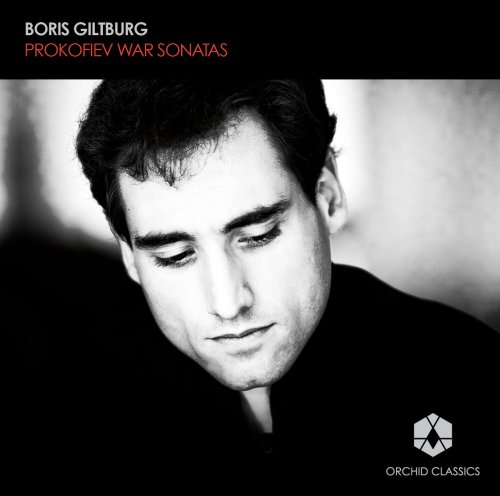
Artist: Boris Giltburg
Title: Prokofiev: War Sonatas
Year Of Release: 2012
Label: Orchid Classics
Genre: Classical
Quality: FLAC (tracks)
Total Time: 01:13:26
Total Size: 254 Mb
WebSite: Album Preview
Tracklist: Title: Prokofiev: War Sonatas
Year Of Release: 2012
Label: Orchid Classics
Genre: Classical
Quality: FLAC (tracks)
Total Time: 01:13:26
Total Size: 254 Mb
WebSite: Album Preview
Piano Sonata No. 6 in A Major, Op. 82 (Sergei Prokofiev)
1. I. Allegro moderato 08:05
2. II. Allegretto 04:03
3. III. Tempo di valzer lentissimo 07:45
4. IV. Vivace 06:51
Piano Sonata No. 7 in B-Flat Major, Op. 83 (Sergei Prokofiev)
5. I. Allegro inquieto - Poco meno - Andantino 08:23
6. II. Andante caloroso - Poco piu animato - Piu largamente - Un poco agitato 06:31
7. III. Precipitato 03:11
Piano Sonata No. 8 In B-flat Major, Op. 84 (Sergei Prokofiev)
8. I. Andante dolce - Allegro moderato - Andante dolce, come prima - Allegro 14:51
9. II. Andante sognando 04:27
10. III. Vivace - Allegro ben marcato - Andantino - Vivace, come prima 09:19
Performers:
Boris Giltburg (piano)
Sergey Prokofiev's so-called War Sonatas weren't originally given that title, and the first of them was premiered by the composer in 1940, before the Soviet Union entered World War II. They were, however, conceived as a group, and as Russian-Israeli pianist Boris Giltburg points out in his notes, the Stalinist purges of the late 1930s easily provided an alternate source of gloom and stress for the composer. At any rate, these three piano sonatas are documents of their time. Not explicitly referential to or evocative of external events like many of Shostakovich's works of the same period, they offer agitated, swirling, and structurally detailed opening movements and brutally difficult, mechanistic finales softened only by small episodes and by tender slow movements that seem to reflect Prokofiev's growing involvement with Mira Mendelson, soon to become his second wife. These are remarkable depictions of calm within the most intense storms imaginable. These sonatas were specialties of the great Russian pianists of the middle 20th century, Sviatoslav Richter above all, but those wanting a version that's sonically more up-to-date (and actually quite well recorded although graphically challenged) might consider this one by one of the many young pianists emerging from the still-vibrant Russian system. Giltburg is not the most profoundly expressive pianist on the scene, but he's there where it counts in these sonatas: in the finales where virtuosity becomes expressive of how modern humans are in the grip of relentless powers beyond themselves. These are, in a word, exciting performances, and they make one look forward to Giltburg's takes on other repertory that lies near the edge of the piano's technical possibilities.
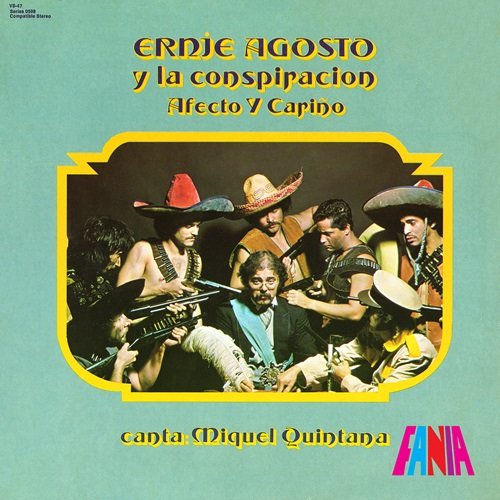
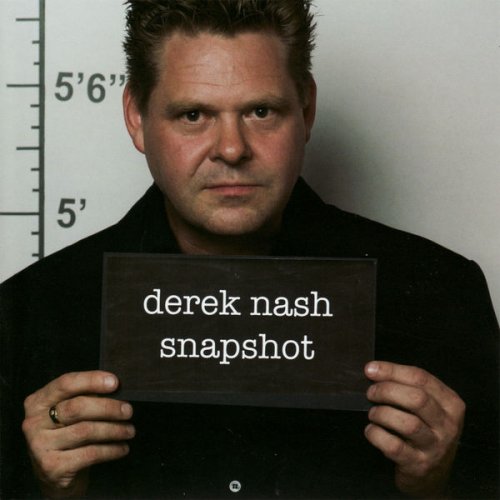
![Dela Hüttner’s SwingThing - Pause for a moment (2026) [Hi-Res] Dela Hüttner’s SwingThing - Pause for a moment (2026) [Hi-Res]](https://www.dibpic.com/uploads/posts/2026-02/1770561049_cover.jpg)
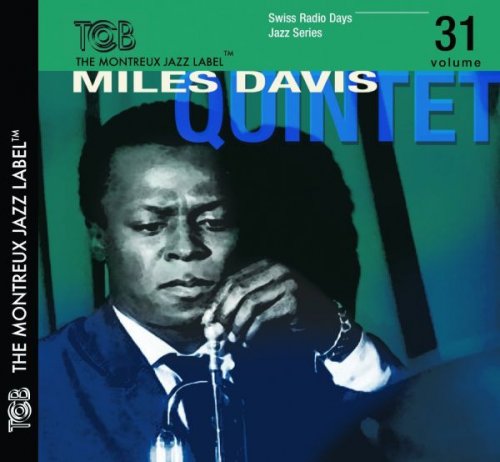
![Robert Jukic - Res Publica (2023) [Hi-Res] Robert Jukic - Res Publica (2023) [Hi-Res]](https://img.israbox.com/img/2026-02/09/mklto26c4c319bic6rmpb8kyz.jpg)

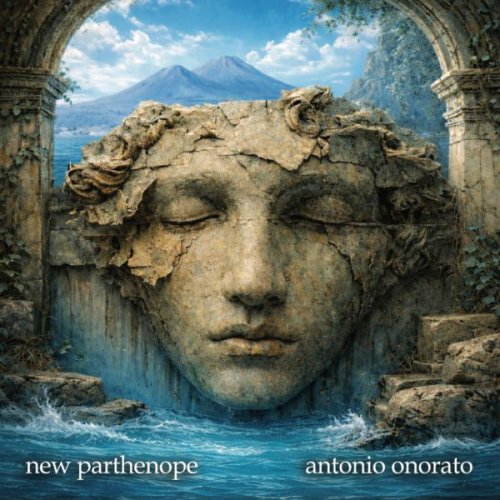
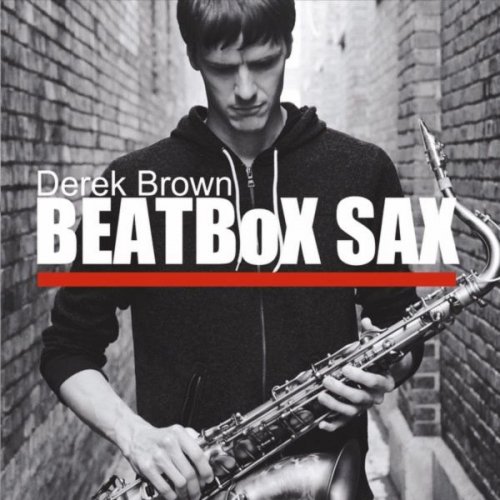
![Silvia Tarozzi - Lucciole (2025) [Hi-Res] Silvia Tarozzi - Lucciole (2025) [Hi-Res]](https://img.israbox.com/img/2026-02/06/cbrge6f1dj9hjbeuk52e4w7sz.jpg)